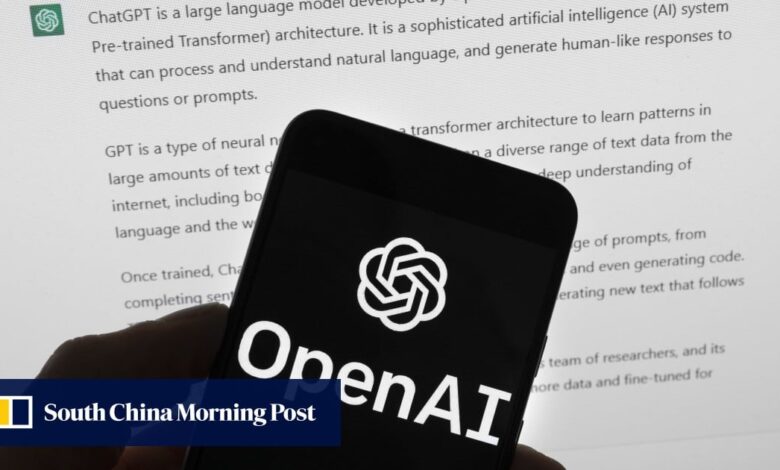Microsoft’s head of Responsible AI flags cybersecurity dangers and benefits of the new tech at HSBC summit

Amid a frenzy of AI development worldwide, international technology companies are trying to speed up research and development as they push to develop their own large models in what has become a highly competitive field. But Bird warned it is also crucial to think about “how to build with the technology responsibly and safely”.
“Like any new technology … [AI] has some limitations,” Bird said.
Microsoft touts booming enterprise AI demand in Hong Kong amid cloud push
Microsoft touts booming enterprise AI demand in Hong Kong amid cloud push
AI can generate harmful content and code, according to Bird, possibly making systems more susceptible to new types of attacks, such as prompt injection attacks and jailbreaking, which allow attackers to bypass software restrictions.
Bird noted, though, that AI can be both the cause of and solution to tackling these new cybersecurity challenges. Microsoft is currently using AI to help security analysts assess the number of threat signals in an attack to help the company respond more effectively, according to Bird.
“So we’re gonna see a new level of attack and defence because of this technology,” she said.
Another challenge in adopting generative AI tools is varying regulations across different industries and countries, Mark McDonald, the head of data science and analytics for the global research arm of HSBC, Hong Kong’s biggest commercial bank, mentioned in the same panel.
“We have seen multiple regulations focus on the area,” MacDonald said. It has become very difficult for global organisations with businesses across multiple regions to comply with these disparate rules, he added.
The tech community is calling for more clarity and consistency in the regulation of newly emerging technologies. Bird said regulators should think about the whole ecosystem when formulating new regulations, as generative AI can be applied in many sectors – including highly regulated industries such as financial services and healthcare – each with their own requirements.
“One of the challenges is the regulations are moving quickly,” Bird said. “They’re all taking different approaches.”
Educating regulators in fields in which they may not have first-hand knowledge is important, according to the Microsoft executive.
“Frankly, a lot of them just don’t have experience with the technology or the complex practices required for that,” she said. “So I have an enormous urgency to go and educate around this space if people don’t understand what actually works and what doesn’t work.”



